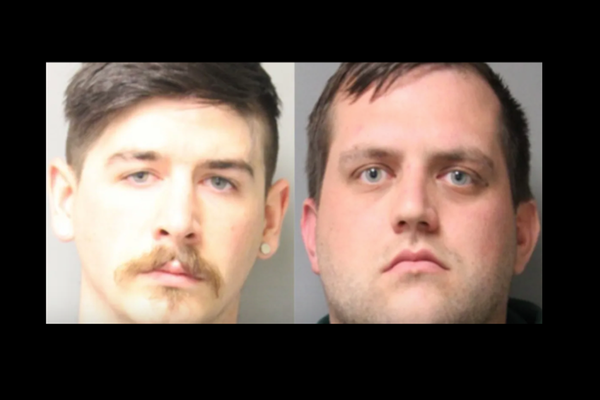What happened in Austria over the weekend?
On Friday night, two German media outlets published a video that shows the Austrian deputy chancellor and leader of the far-right Freedom party (FPÖ), Heinz-Christian Strache, talking to an unidentified woman purporting to be the niece of a Russian oligarch at a luxury resort in Ibiza. When the woman expresses an interest in gaining control of the country’s largest-circulation tabloid, Kronen Zeitung, Strache suggests he could offer lucrative public contracts in exchange for campaign support.
Strache and his parliamentary leader, Johann Gudenus, who had initiated the meeting, resigned on Saturday, saying their behaviour was “stupid, irresponsible and a mistake”. Shortly after their resignations, the chancellor, Sebastian Kurz, of the centre-right Austrian People’s party (ÖVP), called snap elections, likely to be held in September.
What do we know about the sting operation?
It remains unclear who set up the carefully planned sting. Though filmed in July 2017, the video was only leaked to journalists at Der Spiegel and Süddeutsche Zeitung last week. The publications say they will not comment on the origin of the video in order to protect their sources, but they commissioned a certified Russian translator and IT forensics experts to verify its authenticity before publishing.
In his resignation statement on Saturday, Strache called the video “a honey trap stage-managed by intelligence agencies”, but also alluded to a controversial Israeli spin doctor with links to Austria’s centre-left Social Democratic party (SPÖ), and even the German satirist Jan Böhmermann, who had cryptically referred to “hanging out with FPÖ party colleagues at a Russian oligarch’s villa on Ibiza” in a broadcast in April. Böhmermann’s manager has confirmed the comedian knew of the video’s existence.
What is the FPÖ?
Founded by a former Nazi functionary and SS member after the end of the second world war, the FPÖ became the first rightwing populist party since 1945 to form part of a government in Europe when its late leader Jörg Haider entered a coalition with the conservative ÖVP in 2000.
The power-sharing deal was eventually mired in a series of corruption scandals – the FPÖ finance minister at the time is still on trial over charges of bribery and embezzlement in connection with the privatisation of the state housing company Buwog.
After Strache, a hardliner, took over the FPÖ in 2005, he managed to rejuvenate the Austrian far right largely by vowing to root out the “adventurers, profiteers and soldiers of fortune” in its ranks. The party entered a coalition government with the ÖVP after finishing third in the 2017 general election.
What role does Russia play in Austrian politics?
Austria has traditionally seen itself as a “bridge builder” between the east and the west and, even outside the far right, the country has a history of neutrality and relatively warm ties with Moscow. Under Strache, however, the FPÖ took its pro-Russian tendencies to new extremes, signing a formal cooperation agreement with Vladimir Putin’s United Russia party.
Austria’s foreign minister, Karin Kneissl – appointed by the FPÖ – not only invited the Russian president to her wedding, but danced with Putin, sending out a message that critics say undermined the EU’s stance against Russia over Ukraine.
With the FPÖ in charge of Austria’s interior and defence ministries, western spy agencies including those of the UK have reportedly restricted the amount of intelligence they share with Austria, fearing it may in turn be shared with Russia.

What are the implications for the European elections?
Centrist leaders across Europe hope the fallout from the “Ibiza scandal” will be felt beyond Austria in the European parliament elections this week, in which populist, nationalist and far-right parties have been forecast to make gains.
Strache’s apparent eagerness to embrace corruption is in stark contrast to the “drain the swamp” rhetoric populists routinely deploy in their attempts to portray politics as a battle by decent ordinary people against a venal elite. The FPÖ is a key member of an alliance of European nationalist parties led by Matteo Salvini of Italy’s League.
What happens next?
The Austrian president, Alexander Van der Bellen, has proposed the country hold elections in early September. With Strache gone, it appears unlikely Kurz can hold together his coalition government in the interim.
Opposition parties insist a full investigation into the scandal would only be possible if the FPÖ’s Herbert Kickl were to leave the interior ministry with immediate effect. Kurz could decide to replace the far-right party’s ministers with technocrat placeholders until the vote, a move that has been supported by the SPÖ.







